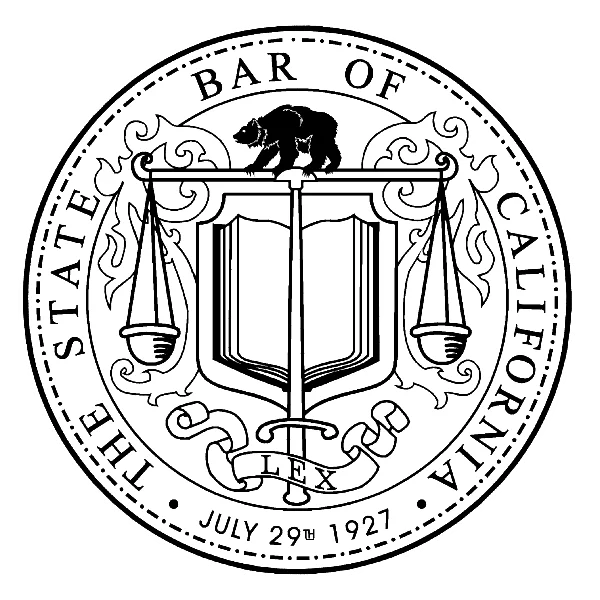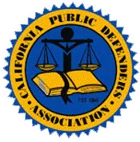When someone is arrested and charged with drunk driving, they often believe that there is no way to prove their innocence. After all, they are up against law enforcement officials with experience in testifying before judges and juries. On the other hand, defense attorneys are also well-versed in fighting for the rights of their clients in court.

Law practitioners tend to aid in the defense of DUI charges because the accused still have rights and just might not be guilty at all. These attorneys employ several practices in order to ensure the rights of their clients are protected while also working toward a positive outcome at trial.
1. Knowledge & Preparation
First of all, a good DUI lawyer is more than just a standard criminal defense attorney, but instead will be more focused and educated in a field well-known for being complicated. He will be up-to-date on the local laws and latest science.
Additionally, an experienced attorney will do his homework long before entering court on your behalf. DUI lawyers won’t go to court without having full knowledge of the facts and applicable defenses. They will study lab results thoroughly, challenge test results, file motions, and appeal when their clients’ rights have been denied.
2. Jury Selection
In the event your DUI case is set for trial, an experienced lawyer will be prepared to pick the right jury. Regardless of the field, every lawyer knows that jury selection is the most important piece of a trial.
Defense attorneys with trial experience have a solid understanding of the rules regarding jury selection. From the beginning of the selection process, he will work to destroy the presumption of guilt while also piquing the curiosity of potential jurors.
3. Unified Defense
After a thorough review of the facts and test results in your DUI case, a good attorney will hone in on the one fact that will garner the support of a judge and jury. It could be the way in which a field sobriety test was conducted or a malfunction of a breathalyzer.
This unified defense offers cohesion and focus to cases that have the potential of being confusing to jurors. Avoiding a haphazard approach will allow jurors to develop an emotional attachment because they are only hearing one solid line of defense throughout the entirety of the trial.
4. Methodical Questioning
There are many rules governing they way law enforcement officials handle instances of suspected drunk driving. On top of that, police officers and sheriff’s deputies are not always truthful despite what the profession likes to claim.
An experienced DUI lawyer will know what questions to ask during a trial. From officers and first responders to other witnesses at the scene, he will be methodical in the way he forms questions as he delves into the timeline and details of your arrest.
5. Defensive Terminology
The ways in which both prosecutors and defense attorneys present information in court has been shown to have huge effects on judges and juries. The prosecution may try to use terms that imply infallibility in regards to details such as field sobriety testing and the use of breathalyzers.
Adversely, a defense attorney will use more general terminology that conveys the idea that objects and actions have the potential to fail. For example, the word “instrument” carries a lot of weight with jury members because it is often associated with highly trusted activities. DUI defense attorneys will instead use the word “machine” due to the fact that most jurors are aware that these items can malfunction.
Despite what most people believe, conviction after a DUI arrest is not a foregone conclusion. Never deny your own rights even if the police seem sure of the case against you. Average citizens don’t have the knowledge possessed by DUI attorneys and should, therefore, always contact one before speaking to law enforcement or prosecutors.







